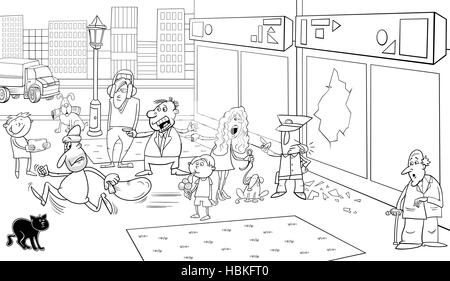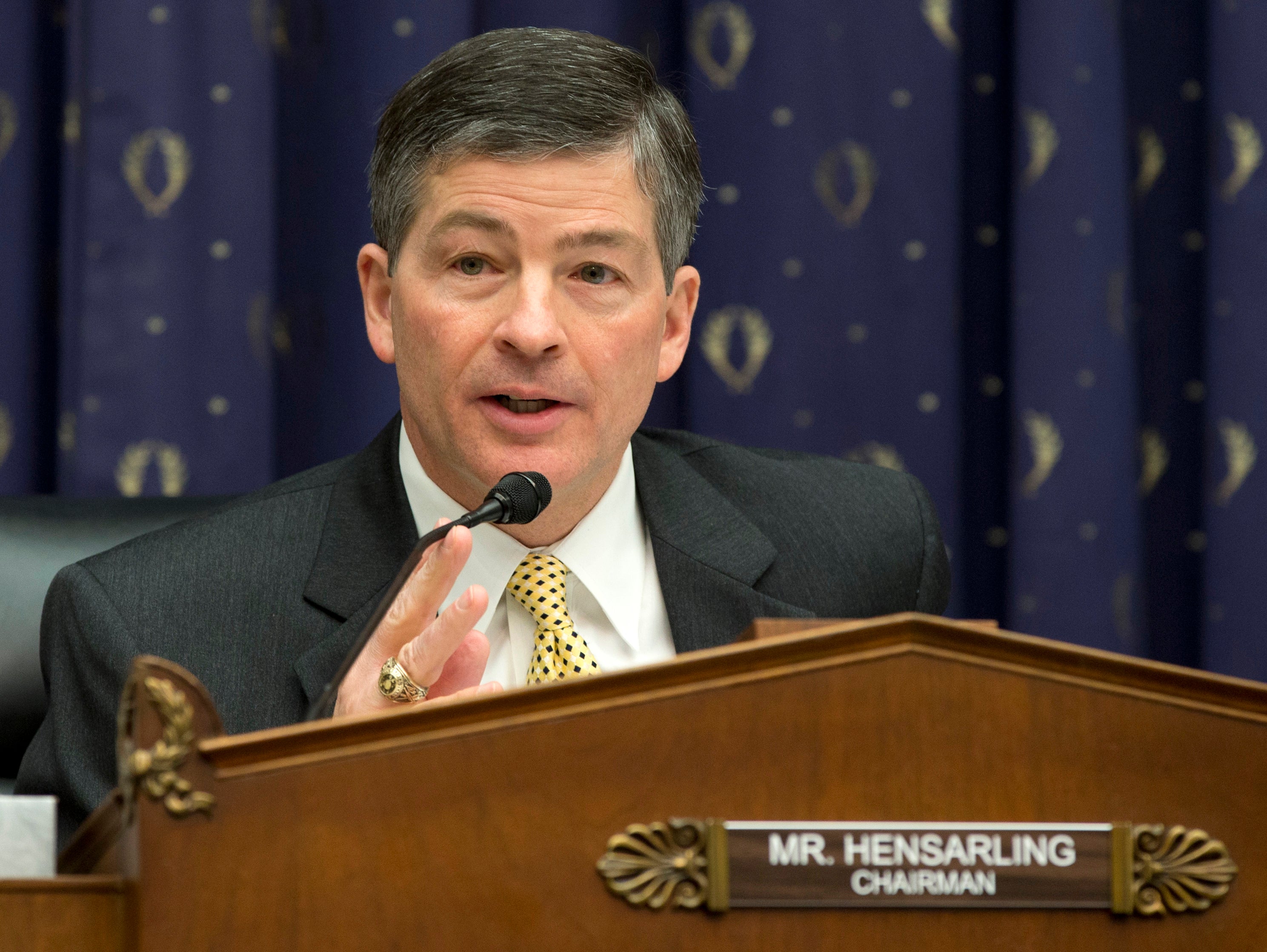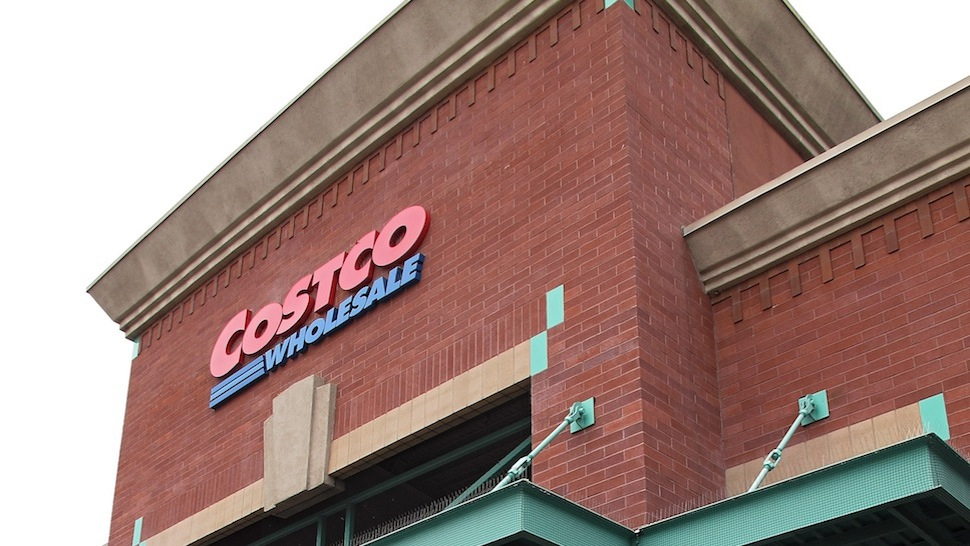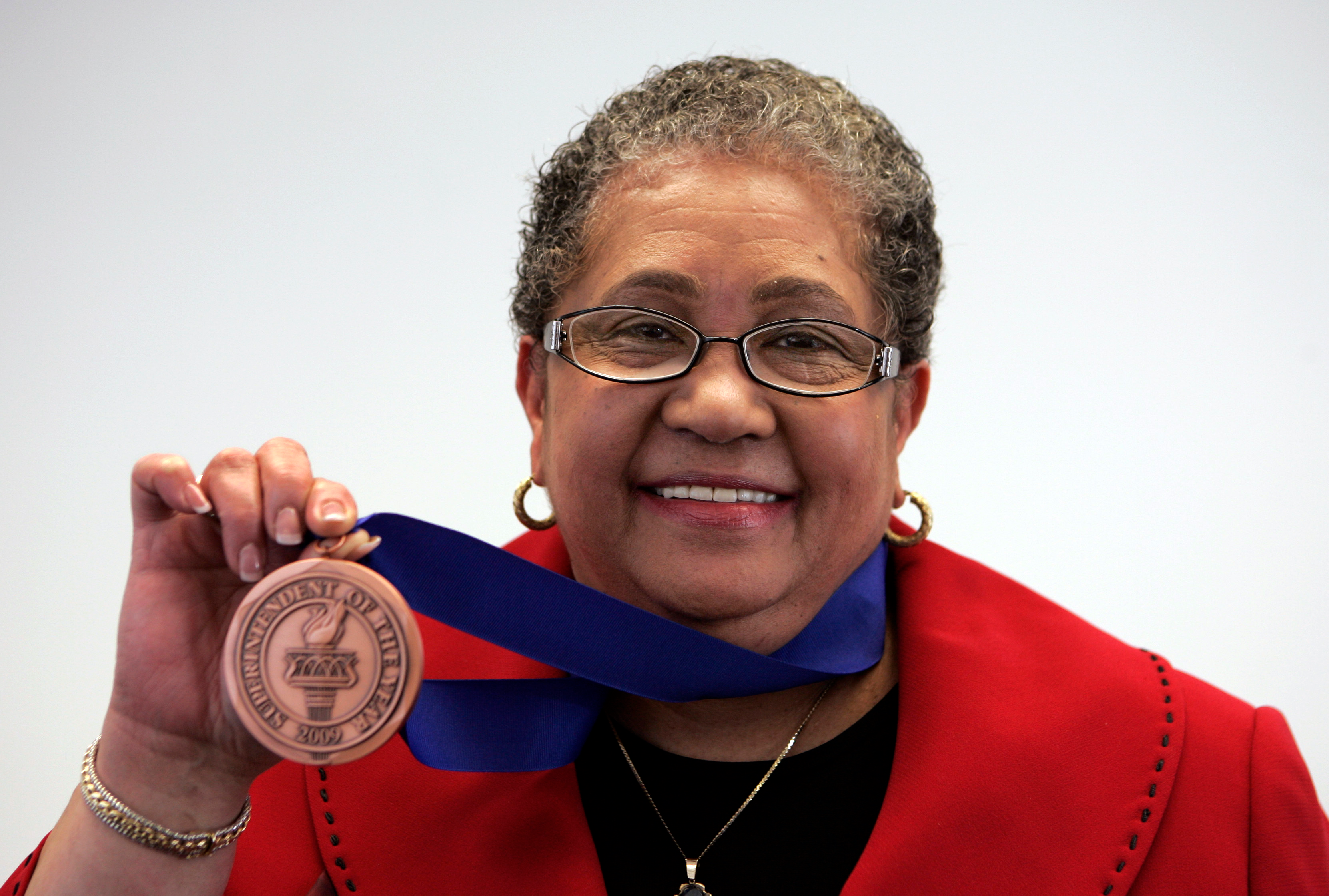
fast: Our readers trust us to be a one-stop comprehensive news source therefore we report quickly and iteratively.I'll reproduce it here, to give a sense of Gawker's character. By living up to each item on the list, we can grab scoops, break stories, say things no one else will, drive conversation, and generate buzz.

While we obviously have no trouble using "explainer"-style meta-coverage to undertake this mission, we can succeed just as effectively by being the best versions of our opinionated, conversational, gossipy, selves.Ĭoverage that guides doesn't need to always be reactive, stilted, or distanced the way "explainers" tend to be: We can break stories that cut through bullshit and expose backdoor dealings, a la Sony, or drive conversation and buzz with well-argued and unflinching opinion, a la Cosby.Įarlier this year, we came up with a set of qualities that described Gawker.
#Newsfeed gawker tv#
What's actually happening here? Is this story news? Is that photo real? Which viral video is worth watching? Which new TV obsession is worth following? Is the new book-of-our-times really any good? Should I be outraged about this issue or ignore it? How should I feel about this story? Why does everyone hate that guy? Gawker can tell you, and if it can't, it can help you figure out for yourself.

Gawker's task is to be a trusted guide to the overwhelming new internet, your escort through and over the bog of Facebook and Twitter, your calibration tool for the cycle of incident and outrage and parody social-media account. Already ankle-deep in smarmy bullshit and fake "viral" garbage, we are now standing at the edge of a gurgling swamp of it. "News" is going to be increasingly served by companies whose only real mission is to create shareable units of distracting content "#longreads" increasingly self-impressed and decreasingly intelligent. The internet next year is going to be unbelievably stupid and condescending, confusing and deafeningly loud, red-hot with misplaced outrage, unable to calibrate its reactions. The experience of going online was pretty bad in 2014, and it's only going to get worse. It is the place you come to learn the real story-the account you won't (or can't) find anywhere else. Gawker is your one-stop guide to media and pop culture. Nick and I were playing around with taglines for the site a few weeks ago, and we arrived somewhere around here: While I have confidence in this plan, I'm sure it can be honed and improved I welcome your suggestions. In that spirit, below is a broad outline for how I'd like to direct and structure the site next year. We've done a good job of working through the insecurities and second-guesses that have made us hesitate, hold back, or otherwise fail stories at various times this year the next step is to work that confidence, adventurousness, and energy into a coherent vision of the site and the world. That confidence allows us to take risks and gives the site the kind of energy and-for lack of a better word-glee that it should have.

The main goal for Gawker 2015 should be to maintain the momentum we've built in the last two months: high traffic, fast metabolism, good story sense, collective responsibility for the site, and most importantly (and giving rise to the rest of it) growing confidence in our voices and abilities. In the interests of transparency, here's mine. He said he had been motivated by the site’s 2007 outing of him as gay, something the site did to others on other occasions.As part of our end-of-year process, all Gawker Media site leads were asked to submit planning memos for the next year. Tech billionaire Peter Thiel spent $10 million to bankroll the libel suit. The original Gawker, founded in 2002, was abruptly unplugged in 2016 after a Florida jury sided with Hulk Hogan, who sued Gawker Media Group after Gawker posted a sex tape featuring the wrestler. “The current laws of civility mean that no, it can’t be exactly what it once was, but we strive to honor the past and embrace the present,” Finnegan wrote in the reborn site’s welcome post. (NY Post)īustle Digital Group hired Leah Finnegan, a former Gawker staffer, as the new site’s editor in chief.

Picked up at a bankruptcy auction three years ago by Bustle Digital Group, the site reappeared in a third iteration after Bustle’s headstrong CEO Bryan Goldberg attempted to resuscitate the toxic site twice before. The website known for blunt, gossipy coverage of celebrities, tech entrepreneurs, media figures and anyone else with an inflated ego went live on Wednesday, two years after a failed reboot attempt.


 0 kommentar(er)
0 kommentar(er)
